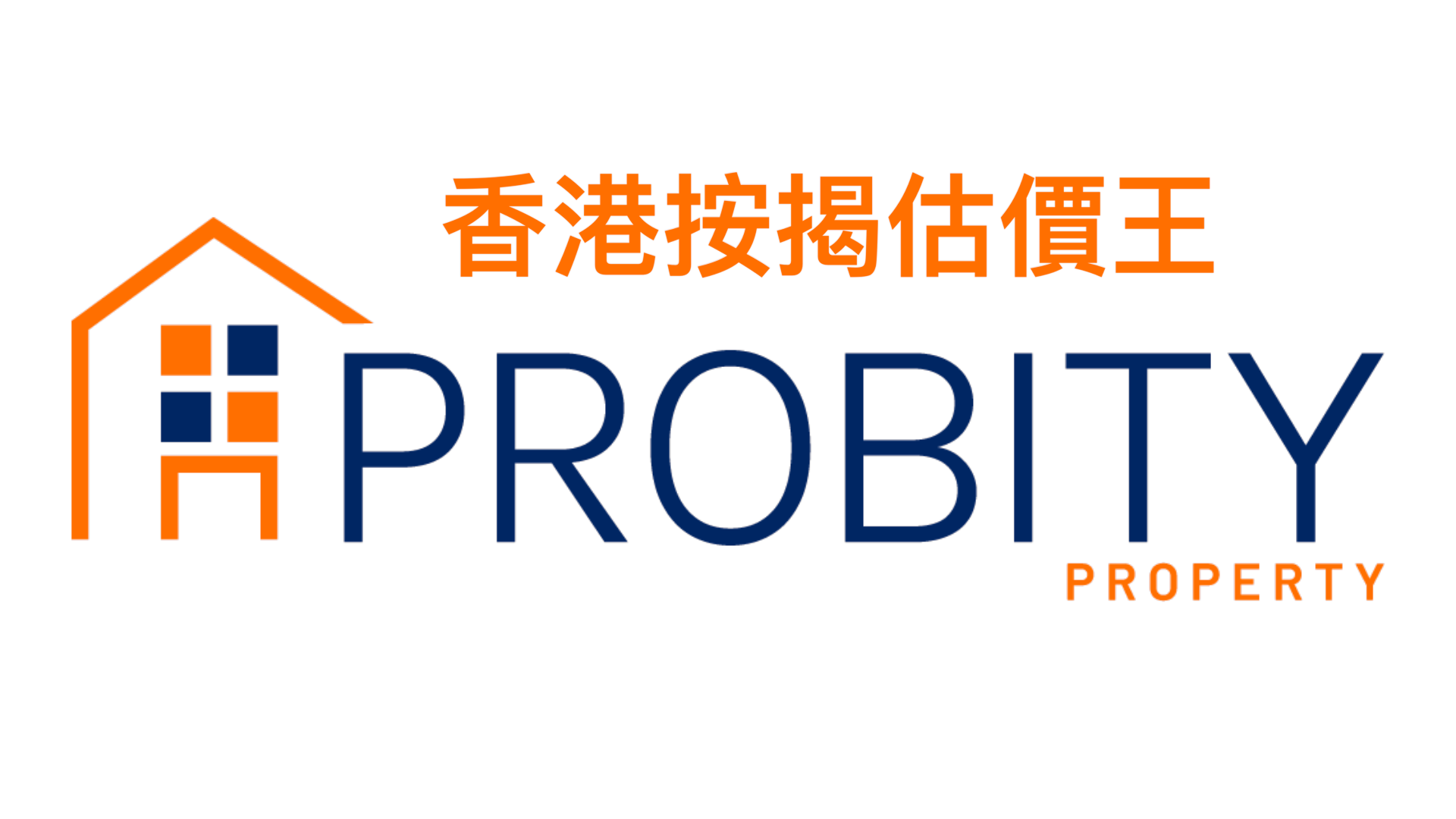Latest Report: Developer Mortgage vs. Bank Mortgage – How to Choose?

Latest Report: Developer Mortgage vs. Bank Mortgage - How to Choose?
In Hong Kong's property market, homebuyers are typically faced with two mortgage options: developer mortgage and bank mortgage. This article provides a detailed analysis of the differences between the two to assist homebuyers in making a wise decision.
Firstly, the approval process for bank mortgages is more stringent, requiring applicants to pass a stress test and meet higher income and credit requirements. In contrast, the developer mortgage has a relatively lower threshold, with only simple documents required and some not even needing income proof.
Secondly, while the government has increased the maximum mortgage loan-to-value ratio for first-time homebuyers to 90%, the actual approval process for bank mortgages is stricter, making it difficult to truly reach the 90% limit. On the other hand, the developer mortgage typically has a maximum loan-to-value ratio of 80%, which may not be as attractive as the 90% offered by banks, but it is easier to reach as there are no stress test requirements.
Lastly, the interest rates for bank mortgages are generally lower, making the burden lighter. Developer mortgages may offer initial interest rate discounts, but the rates can increase significantly after the promotional period ends, even surpassing bank mortgage rates, which can increase the repayment pressure for homebuyers.
In summary, developer mortgages and bank mortgages differ in terms of the approval process, loan-to-value ratios, and interest rates. Homebuyers should carefully compare the advantages and disadvantages of the two options based on their income, credit, and financial needs to make the best choice. Here are some suggestions for homebuyers to consider when choosing a mortgage:
- If the homebuyer has a stable income, good credit, and can meet the approval standards of bank mortgages, it is recommended to prioritize bank mortgages because the long-term interest burden is relatively lower.
- If the homebuyer's income and credit status do not meet the requirements of bank mortgages, then they can consider developer mortgages, which will help them achieve a higher loan-to-value ratio to realize their home-buying dream. However, it should be noted that the long-term interest rates of developer mortgages may be higher, and homebuyers need to ensure that they are fully aware of the terms and conditions of the mortgage contract to avoid unfavorable repayment situations.
- Homebuyers should consult and compare with multiple banks or developers to obtain the best mortgage plan. At the same time, they need to pay attention to the terms and conditions of the mortgage contract to avoid being trapped in unfavorable repayment situations.
- Before signing the mortgage contract, homebuyers can consider seeking advice from a professional lawyer or financial advisor to ensure they fully understand the content of the contract and avoid disputes in the future.
In conclusion, developer mortgages and bank mortgages have their advantages and disadvantages. Homebuyers should carefully consider their actual situation and consult multiple financial institutions to obtain the most suitable mortgage plan. This article hopes to be helpful to homebuyers in choosing a mortgage.


